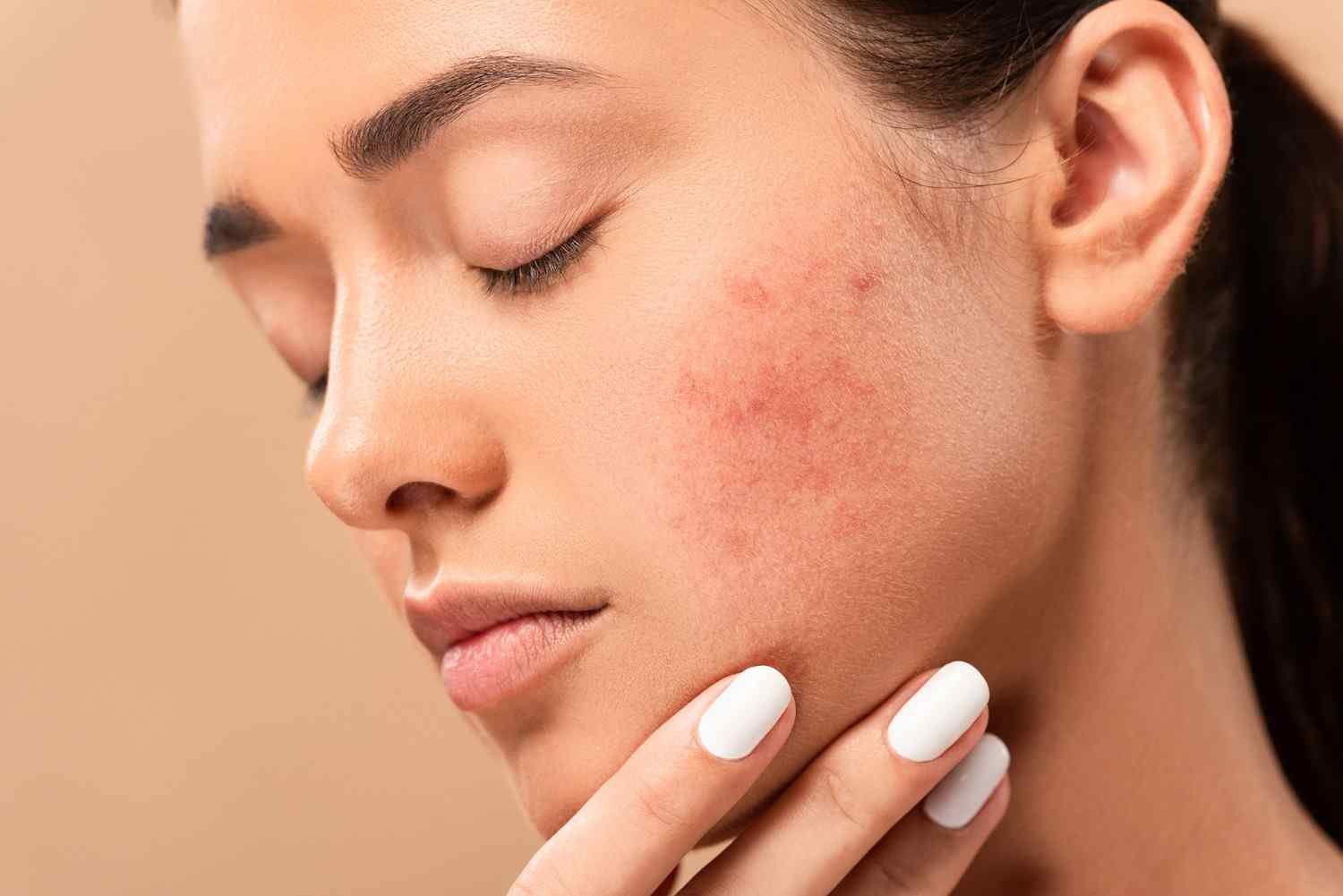
Blog
Understanding and Treating Acne: A Guide to Clearer Skin and Confidence

Acne is a widespread skin condition that affects individuals of all ages, often leaving behind not just physical blemishes but emotional impacts as well. It can present as blackheads, whiteheads, pimples, or more severe forms like cysts. Effective acne treatment starts with identifying its root causes, understanding the specific type of acne, and implementing a personalized care routine aimed at achieving clearer, healthier skin and restored self-esteem.
What Causes Acne?
Acne develops when natural skin functions are disrupted. The main contributing factors include:
-
Excess Oil (Sebum) Production: Overactive sebaceous glands produce too much oil, which can clog pores.
-
Clogged Hair Follicles: Dead skin cells mix with sebum, leading to blocked pores.
-
Bacterial Growth: Cutibacterium acnes thrives in clogged pores, triggering infection and inflammation.
-
Inflammation: The immune system responds, causing redness, swelling, and discomfort.
Common Acne Triggers
Several lifestyle and environmental factors can worsen or trigger breakouts:
-
Hormonal Changes: Puberty, menstruation, pregnancy, or hormonal imbalances can increase oil production.
-
Genetics: A family history of acne often means a higher likelihood of experiencing it.
-
Stress: Elevated cortisol levels may exacerbate acne.
-
Diet: High-glycemic foods and excessive dairy have been linked to breakouts in some people.
-
Skincare Products: Harsh or pore-clogging products can irritate skin and block pores.
Types of Acne
Knowing your acne type is essential for selecting the right treatment:
-
Comedonal Acne: Non-inflammatory, appears as blackheads and whiteheads.
-
Inflammatory Acne: Red, swollen pimples caused by bacterial activity and inflammation.
-
Cystic Acne: Painful, deep cysts that form beneath the skin’s surface, often requiring medical intervention.
The Emotional Impact of Acne
Acne goes beyond skin—it can significantly affect mental health. Many people experience anxiety, depression, or low self-esteem due to persistent breakouts. That’s why treatment should take a holistic approach, addressing both physical and emotional aspects.
Effective Acne Treatments
Treatment depends on the acne’s severity and your skin type. Options include:
Over-the-Counter (OTC) Products
-
Benzoyl Peroxide: Targets bacteria and reduces inflammation.
-
Salicylic Acid: Clears clogged pores and exfoliates dead skin.
-
Alpha Hydroxy Acids (AHAs): Promote cell turnover for smoother skin.
Prescription Medications
For more stubborn or severe acne, dermatologists may recommend:
-
Topical Retinoids (e.g., Retino-A): Help unclog pores and promote skin renewal.
-
Antibiotics: Reduce inflammation and bacterial growth.
-
Oral Medications: Isotretinoin is highly effective for cystic acne but requires close medical supervision.
Skincare Tips for Acne-Prone Skin
A consistent and gentle skincare routine is essential:
-
Cleanse: Use a mild cleanser twice daily.
-
Moisturize: Opt for oil-free, non-comedogenic moisturizers.
-
Sun Protection: Wear a broad-spectrum SPF daily, especially when using active treatments like retinoids.
-
Avoid Picking: Touching or squeezing pimples increases the risk of scars.
-
Stick to a Routine: Frequent product changes can irritate and worsen acne.
Lifestyle and Diet for Healthier Skin
Your daily habits can have a direct impact on your skin’s condition:
-
Eat a Balanced Diet: Focus on whole foods, including fruits, vegetables, whole grains, and omega-3s. Limit sugars and processed foods.
-
Manage Stress: Incorporate meditation, yoga, or relaxation techniques into your day.
-
Stay Hydrated: Drink plenty of water for skin hydration and balance.
-
Get Enough Sleep: Sleep is vital for skin repair and regeneration.
Taking Control of Your Skin Health
Clear skin is achievable with the right mix of treatment, care, and lifestyle changes. Whether you’re using over-the-counter remedies or prescription solutions like retinoids, the key to success is consistency and patience.
For a more targeted plan, consult a dermatologist who can tailor treatment to your specific skin type and condition. With commitment and a comprehensive approach, you can reduce breakouts, improve your skin’s appearance, and rebuild confidence, both inside and out.
